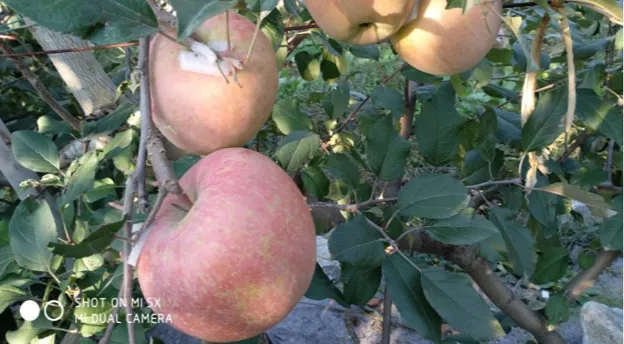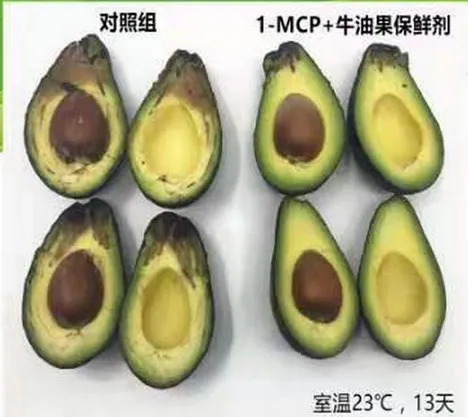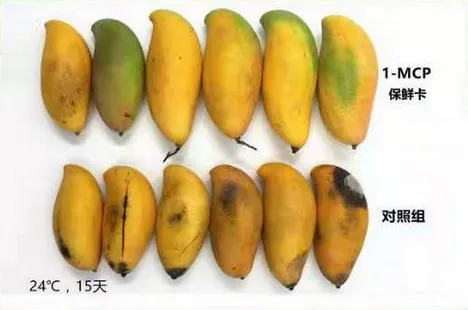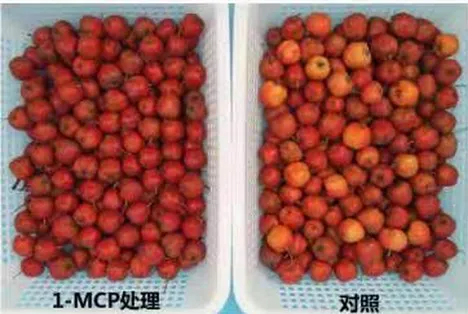Apple production volumes declined in many countries across the globe as a result of extreme weather conditions such as flooding and hailstorms. The apple production volumes in European countries such as Belgium, Poland, France, and Spain declined by 10%-15%, or even more, as a result of excessive exposure to the sun or because of frost damage.

At the same time, market demand for apples has grown in the USA and Australia because of the pandemic and forest fires. Apple producers such as Chile, New Zealand, and Ukraine all enjoyed smooth sales conditions this year. But the pandemic also resulted in lockdowns which disrupted distribution and sales, and caused significant problems for traders who tried to keep their apples fresh.
According to manager Wang, "after nearly six months of economic decline, the price of apples is now showing an upward trend and the volume of apples entered into storage is bigger in 2020 than ever before. Cold storage warehouses in many cities are completely full. Everybody wonders how to keep the apples in storage fresh and their product quality high throughout the season."

Apples are mostly kept in air-conditioned warehouses or cold storage. The respiration process in these apples is kept low through strict control over the concentration of CO2 and O2, as well as the temperature and humidity. In this way the apples enjoy a longer shelf-life and their product quality remains high for a longer period.
One of the ways to improve this process is the use of 1-MCP technology. This is a green, safe, and convenient way to keep fruit fresh. This method is commercially viable and widely applicable. 1-MCP is a competitive ethylene inhibitor. This method combines ethylene inhibitors and protein receptors to limit ethylene production and slow down the breathing process in apples. 1-MCP slows down the ripening and deterioration of apples, so that the fruit stays firm, fresh, and full of nutrients for a longer period of time.
The Logfresh series 1-MCP cards and the 1-MCP slow-release packets can be added to boxes and bags with apples or placed inside individual packaging to keep the apples fresh for a longer period of time. This method is green, safe, and convenient. Furthermore, this method does not leave a residue, and can extend the shelf-life of fruit by 50%-100%.

"Our product improves food safety, extends the shelf-life of fruit and maintains product quality, and reduces financial loss from damaged fruit. This is a win-win situation for any fruit supplier," said manager Wang.
Shandong Aoweite Biotechnology Co., Ltd. is one of the leading companies in the agricultural industry of Shandong. The company sells products under their brand name 'Xianfeng', which is well-known in Shandong. Their products are used by more than 2,000 companies throughout China, and they occupy nearly 90% of the Chinese market for ethylene inhibitors. Their product range is varied and widely applicable. The Logfresh product series is a global brand. The company already cooperates with a number of international partners and continues to look for more opportunities in the international market.

For more information:
Wang - Manager
Shandong Aoweite Biotechnology Co., Ltd.
Tel.: +86 18615225869
WeChat: +86 18615225869 (manager Chen)
WhatsApp: +8618615225880 (manager Wang)
E-mail: sales@awt-biotech.com
Website: www.chinesepost-harvest.com
